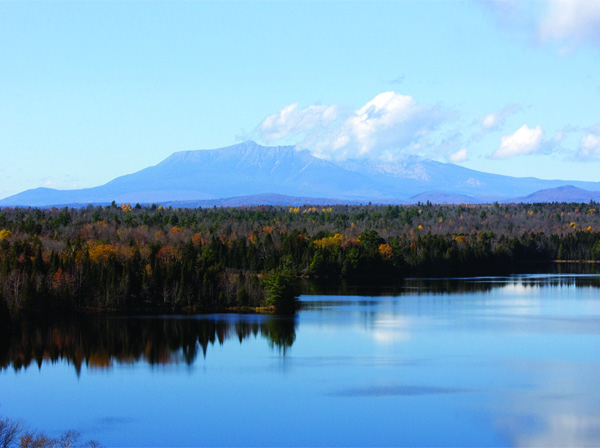
Outdoor recreation, parks and other green environments: understanding human and community benefits and mechanisms
The tourism industry is central to the economic development of many rural communities in Maine. Trends suggest the number of visitors in Maine will keep increasing. In 2011, tourism was responsible for generating over 20% of jobs in the state and accounted for an estimated 16% of tax revenue. Global changes—including climatic, societal, technological, and economic fluctuations—are increasingly affecting the travel and tourism industry, and therefore challenging stakeholders to develop innovative tourism planning and development strategies. The proposed project will study how resilient tourism destinations are to climate change by understanding awareness and preparedness of businesses at a community level; identification of emission reduction efforts and technologies, as well as the diversity of strategies to adapt to climate change will be analyzed. Visitor perceptions on essential drivers to destination selection and carbon footprint will be explored. Understanding potential changes in travel behavior by visitors as a result of potential increase in temperature, increase precipitation, decrease in snow, and change in the length of seasons will be pursued. It is expected that results of the proposed project will enhance the sustainability and competitiveness of tourism destinations in Maine while improving future planning efforts.
Investigator: De Urioste-Stone, S.
Unit: School of Forest Resources
Termination Date: 30-Sep-17
